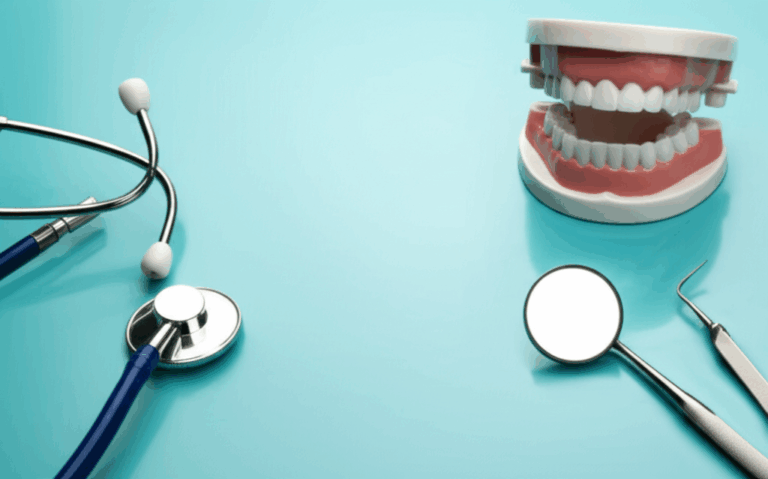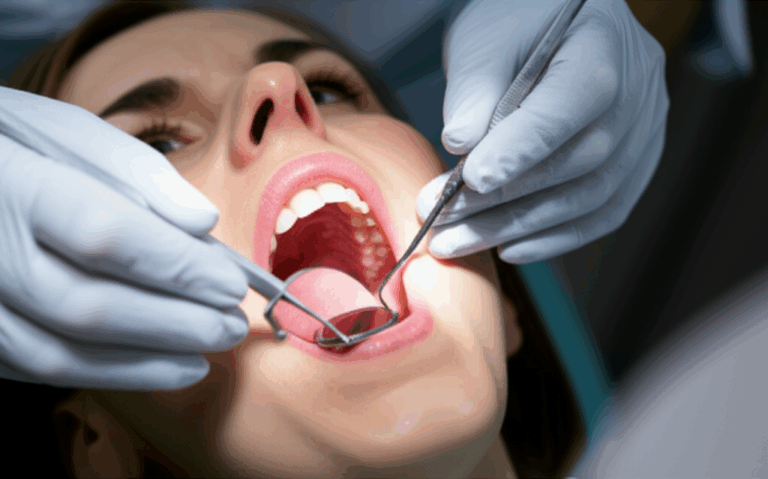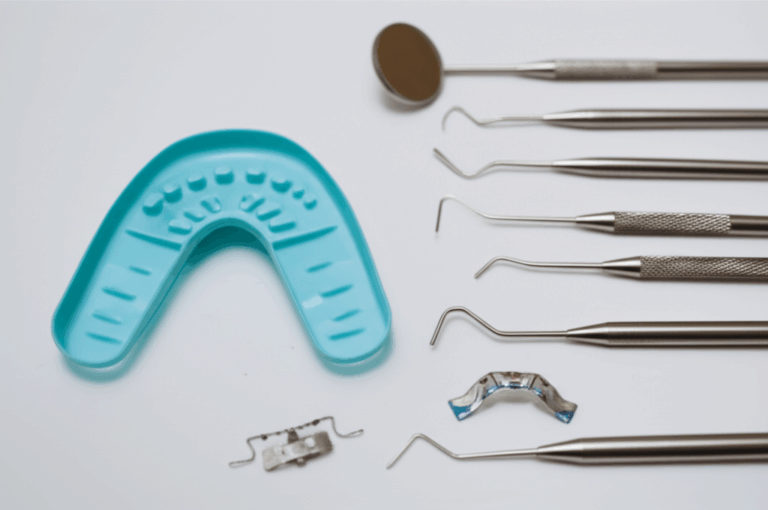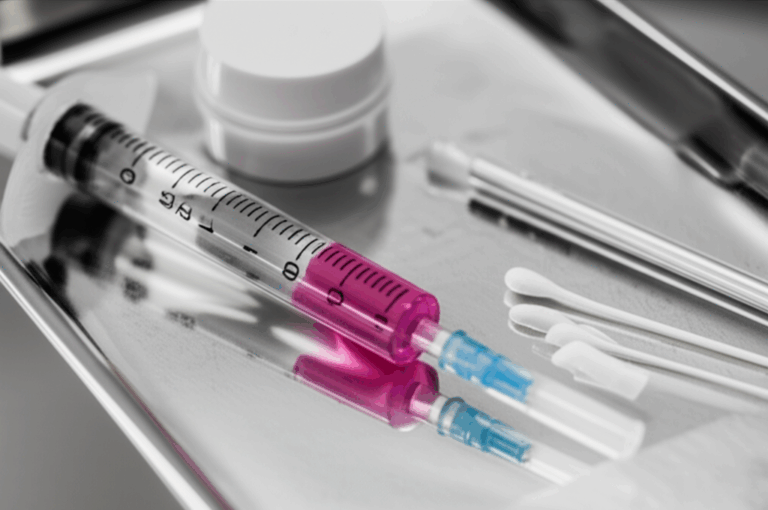
Is It Harder to Become a Doctor or a Dentist? A Direct Comparison
So, you’re thinking about two of the most respected (and tough) healthcare jobs out there: becoming a doctor or a dentist. Maybe you see yourself busy in a hospital, dealing with emergencies, or carefully fixing someone’s smile. The big question you have: Is it harder to become a doctor or a dentist? It’s a good thing to wonder. You want to make the best choice for your life, your future, and your peace of mind.
The quick answer? Both jobs need a lot of dedication and hard work. But they are “hard” in different ways, and some people will find that one path fits them much better. Let’s break it down, using real examples and honest advice. By the end, you’ll see not just which career is harder, but which might be better for you.
Table of Contents
Introduction: Looking at Two Tough Healthcare Careers
Choosing between medicine and dentistry isn’t just about a white coat or dental tools. It’s a decision that changes your education, your work, and your daily life for many years. You might have heard “medical school is tough,” or someone told you “dentists have it easy.” The truth isn’t simple.
Both jobs need smart students, strong willpower, and a big wish to help others. Whether something is “harder” depends on what you’re good at and what you like. Some love busy hospital life; others like the careful work of fixing teeth.
But we can compare the two by looking at admissions, school, training, money, and lifestyle. Let’s go through each step side by side so you can make a smart choice.
Education & Time Needed
College: Pre-Med vs. Pre-Dental
No matter which one you pick, you start in college. Both doctors and dentists to-be take a lot of science classes: biology, chemistry, physics, and math. Both need high grades to get in—about 3.7–3.8 for medical (MD), 3.5 for DO, and around 3.5–3.6 for dental.
You’ll have to do more than just get good grades. Shadowing, volunteering, and research tell schools you care and want to help people. This is a busy and tiring time for both tracks, so expect to work hard.
Professional School: Medical School vs. Dental School
After college, both doctors and dentists go to four years of tough, full-time school.
Medical School
- What you learn: The whole human body—from head to toe.
- Focus: Health and sickness in every part.
- Practice time: You see all kinds of patients in hospitals and clinics (ER, surgery, kids, mental health, etc.).
Dental School
- What you learn: All about the mouth, teeth, and jaws.
- Focus: How to fix, pull, and rebuild teeth.
- Practice time: Hands-on with patients’ mouths early on.
Think of it like this: If medical school is learning to build a whole building, dental school is learning to perfect just one but very important floor.
How Hard It Is to Get In
Tests: MCAT vs. DAT
Entrance exams are your first big roadblock.
MCAT (Medical College Admission Test)
- Tests: Science, problem-solving, and quick thinking.
- Length: Very long (seven hours!), and covers a ton of info.
- Known as: One of the hardest tests for students.
DAT (Dental Admission Test)
- Tests: Science and special thinking skills—like seeing and turning things in your mind, plus basic math and reading.
- Length: Shorter than the MCAT but still tough, especially with 3D puzzles and shapes.
Which is harder?
Depends who you ask. Some find the MCAT’s size scary, others get stuck on the DAT’s puzzles and visual parts.
How Competitive Is It?
A lot of people want to be doctors—many more apply than there are spots. About 40% of med school applicants get in (even less at top schools). Dental schools let in about 55%, but it’s still not easy at all.
What matters:
- High grades
- Great test scores
- Experience with real patients
- Good essays and interviews
Application Parts
For both, you need to show your passion, write a personal essay, collect strong recommendations, and get ready for stressful interviews. Some medical interviews use challenging “role play” questions; dental interviews may ask you to show dexterity.
Training After School: Residency & Specialties
Medical Residency: A Long Road
This is where “medicine is harder” makes sense for some. After school, doctors start residency—another 3–7+ years of training, more for certain specialties. Long hours, night shifts, and big responsibility come with it. Some specialties add even more years of training called a fellowship.
Dental Residency: Usually Optional
For dentists, you do not need more training after school if you want to open your own regular practice; you just need to pass your boards. Still, about 35% of dentists do a 1–2 year residency to practice certain skills. If you want to be a specialist (for example, a braces doctor or oral surgeon), you’ll have to go through more years of school—between 2 and 6.
Bottom line:
General dentists have a shorter, less demanding training after school than doctors do.
Costs: Tuition & Debt
How Much It Costs
Both cost a lot.
- Medical school: Usually $40,000–$60,000 per year (private schools; a bit less at public).
- Dental school: In the same range, sometimes more for a few schools.
Add living costs, test fees, and tools—costs can get even higher.
Most students leave with around $250,000–$300,000 in loans.
When & How Loans Get Paid
Doctors, busy with long residency, start paying later and spread payments out over more years. Dentists can often start earning and paying loans back right after school.
Advice: Learn about money and loans before you start. The debt is big and real.
Work & Life Balance
What The Jobs Are Like
Doctors
Deal with body-wide problems. They deal with life-and-death situations, work with big teams, and have to think fast in emergencies.
Dentists
Focus on fixing teeth and mouths. They need skilled hands, steady focus, and patience—plus the ability to calm nervous patients. The job can feel routine to some, but others like the steady pace.
For example: A doctor might run from case to case in a hospital. A dentist usually spends more time with one person, working carefully on their teeth.
Work Hours & Free Time
Doctors (especially young ones) work long, odd hours and are often “on call.” It’s easy to burn out.
Dentists usually have more regular hours (like 9–5) and can set their own schedule, especially in their own offices. Private practice comes sooner and easier for dentists.
Stress and Happiness
Doctors have high burnout—over 40% in some studies—because of tough rules and stressful work. Dentists also get stress from repeating motions and patient worries, but many dentists report good work-life balance. In both jobs, satisfaction depends on how you work, not just your job title.
Salary & Payback
Starting Salaries
- General doctors: Around $210,000–$250,000 after training.
- Dentists: About $180,000–$200,000 right out of school.
But remember: new doctors get much less during residency—about $60,000 a year—while dentists may start higher and sooner.
Specialist Pay
Both have high-earning specialists (like surgeons, orthodontists, and oral surgeons). Still, dentists often earn a “full” salary at a younger age, while doctors wait longer before high pay.
For example:
If two siblings—one becomes a dentist, one becomes a doctor—the dentist might start repaying loans and earning sooner (in their mid-20s). The doctor may not reach full pay until mid-30s.
Comparing Skills and What You Need
So far, we’ve talked about years and money. But “hard” mostly comes down to what you’re good at.
- Medicine needs you to think big, stay calm, like busy and unpredictable work, and spend more years in school.
- Dentistry needs hand skills, patience, and a liking for crafts and working with people (especially anxious ones).
Both take a lot of energy and dedication. Your strengths can decide which path feels better for you.
Your Options: Do It Yourself or Get Help
Just like fixing teeth—some things you can do on your own (research, reflect). Some things need professional help (shadowing, hands-on experience).
Try This:
Tip: Just as a dental ceramics lab uses art and science to make crowns, your career path is about mixing what you enjoy and what you’re best at.
Who Is This For? (Are You the Right Fit?)
Not sure if you’re built for one or the other?
Here’s a quick check:
- You might like medicine if you:
- Enjoy problem-solving big health issues
- Can handle stress and emergencies
- Don’t mind longer schooling
- Want to work in hospitals or a special area of medicine
- You might like dentistry if you:
- Love working with your hands and being creative
- Prefer a clear schedule or want your own business
- Enjoy building long-term patient trust
- Want more control over your work
Of course, there’s some overlap—but knowing yourself is key.
Healthy Takeaway: Wrapping It Up
Let’s sum up with some simple truths:
Five Key Points
- Both jobs need years of tough, competitive training—neither is “easy.”
- Medical training is usually longer (up to 18 years from high school) and includes a busy, required residency. Dental schooling usually finishes in 8–12 years, with extra training only if you want it.
- Both have big student loans, but dentists can repay sooner since they start working earlier.
- Dentists often get better work-life balance. Doctors have more job choices but longer training and more burnout risk.
- “Hard” is personal: medicine is longer and can mean life or death. Dentistry is technical and needs people skills. What matters to you most?
What’s Next?
- Research schools and programs for both careers.
- Try job shadowing or talk to professionals.
- Think about your values, strengths, and what you’re willing to give up.
- Make a list: “must haves” and “deal breakers” for your future life.
Remember: Both doctors and dentists change lives, sometimes one smile or one problem at a time. The trick is figuring out where you’ll really love to work.
If you want to see more about how dentists use technology, take a look at how a digital dental lab brings smiles to life. Today’s dentistry blends tech and creativity as much as health.
Choosing your path is a big deal, but you don’t have to figure it out alone. Talk to mentors and people already working in the field. Their advice can help you see the whole picture—and give you the courage to move forward.
Here’s to your future, in hospitals or in bright dental offices. Your journey starts now—good luck!
References:
- American Dental Association (ADA)
- American Medical Association (AMA)
- Association of American Medical Colleges (AAMC)
- American Dental Education Association (ADEA)
- Official data from recent applicant and student trends
This article was made to help you get clear, real advice. If you have more questions, reach out to a dentist or health teacher near you!








